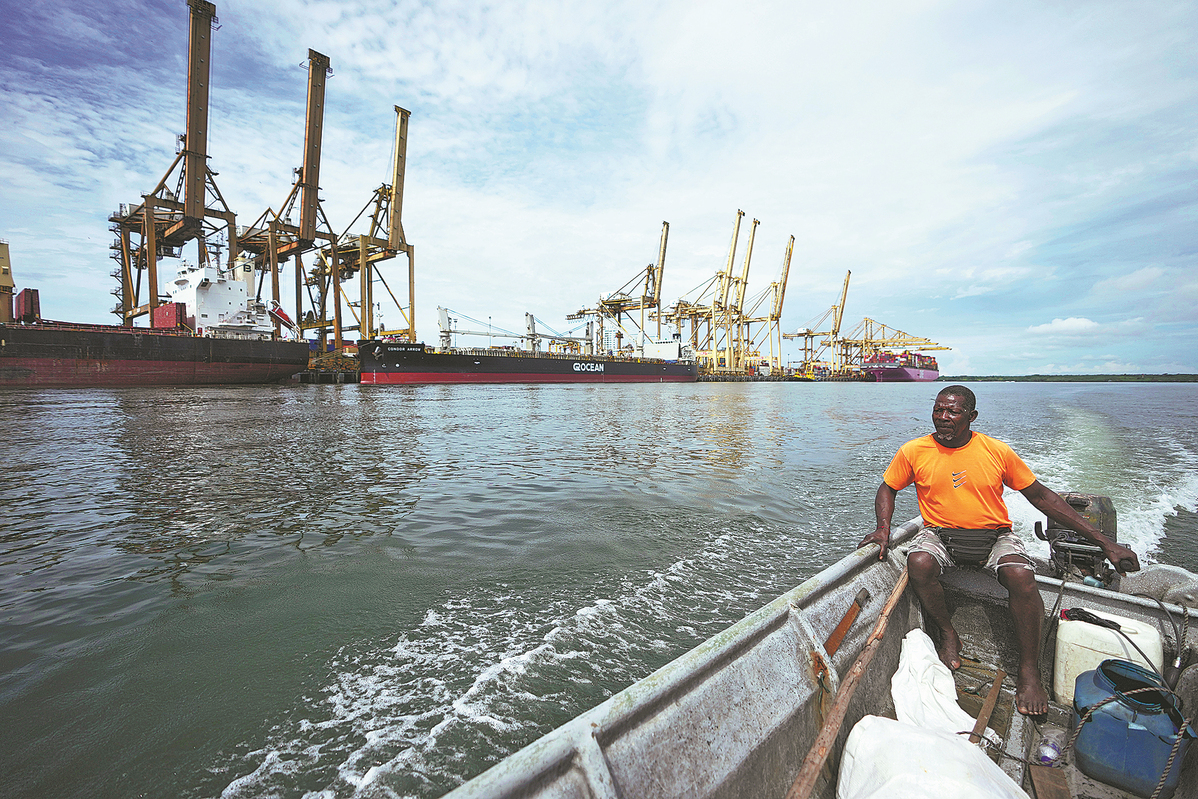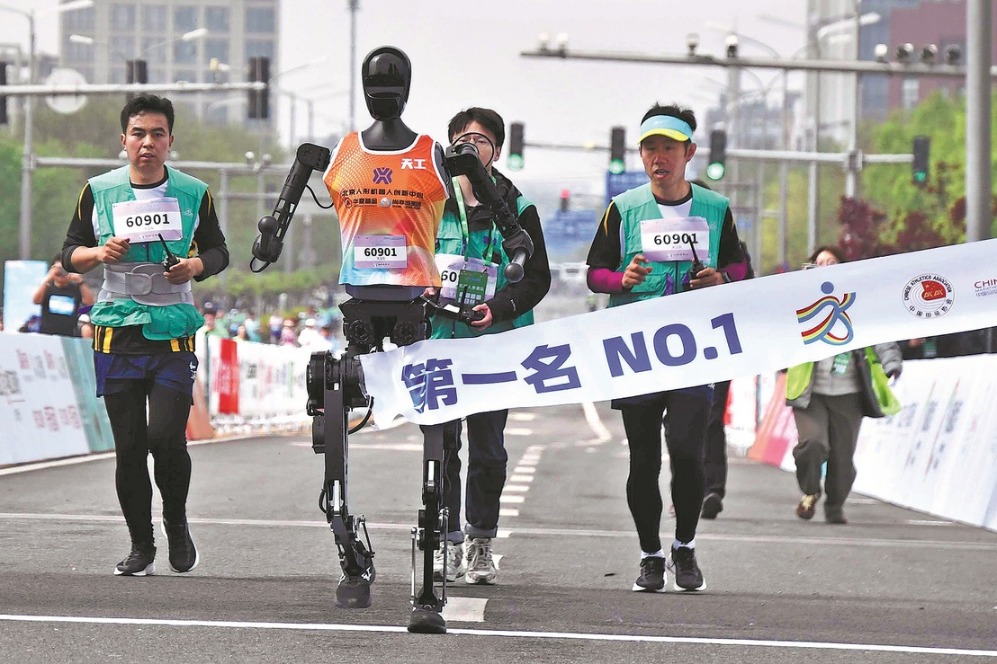Global ripple effect of sweeping US tariffs: uncertainty, instability
Experts, world leaders, international bodies concerned by White House trade moves


Poorest hit hardest
Fears of a tariff-induced global recession have raised concerns about the potential impact on the world's poorest people, and those at the bottom of the US socioeconomic ladder.
"I sincerely hope that we will have no recession, because a recession will have dramatic consequences, especially for the poorest people in the world," UN Secretary-General Antonio Guterres said on April 9.
Rebeca Grynspan, head of the UN Conference on Trade and Development, said in a statement to UN News that the 44 Least Developed Countries, contributing minimally to US trade deficits, should be exempt, as tariffs would worsen their debt crises.
"Our emphasis has been to put attention on what can happen to countries that are more vulnerable, such as the least developed countries, and small island developing states. What is happening to those countries is what really worries us," she said.
Tim Jones, head of policy at the UK-based Debt Justice campaign group, said on his blog that the tariffs will intensify the debt crisis in lower-income countries.
He also said that tariffs hit countries needing export earnings to service external debts, which are potentially compounded by currency fluctuations and rising borrowing costs.
A panel discussion, Global Responses to an American Reset of International Trade, was held at the Center for Asia Policy Studies at the Brookings Institution, Washington, DC, on April 14, with Mireya Solis, the center director calling the US tariffs "of utmost importance".
Shujiro Urata, a professor emeritus at Tokyo's Waseda University, told the panel fears of a recession loom large. The tariffs, he said, "would slow down the US economy, which was doing OK before this," with negative spillover effects for Japan, Europe, and other economies.
Urata warned the "regressive nature" of tariffs could also worsen income distribution in the US. A group of people in the United States who are not so rich maybe supported the policy for a better economy. But I think they are the ones, I'm afraid, who will be hurt most by this tariff, he said.
Solis said "American farmers are very worried about losing export markets abroad".
Sourabh Gupta, a senior fellow at the Institute for China-America Studies in Washington, told China Daily the US had opened a "real can of worms" and injected unpredictability into the international trading system. He said markets are "beginning to speak", and volatility has been a key feature.
At the Brookings event, Scott Kennedy, a senior adviser at the Center for Strategic and International Studies (CSIS), spoke of the tariff announcements impact on US markets.
You saw one of the reasons the US backed off last week is the huge negative-effect signal sent by the nation's stock markets, he said.
Gary Hufbauer, a senior fellow at the Peterson Institute for International Economics, expressed pessimism about a quick recovery, saying the US stock market is unlikely to recover in 2025. He also cautioned that a US recession is "likely".
Jesus Carrillo, a guest lecturer at El Colegio de Mexico, said at the same event that Mexico is already facing the likelihood of a recession.
























